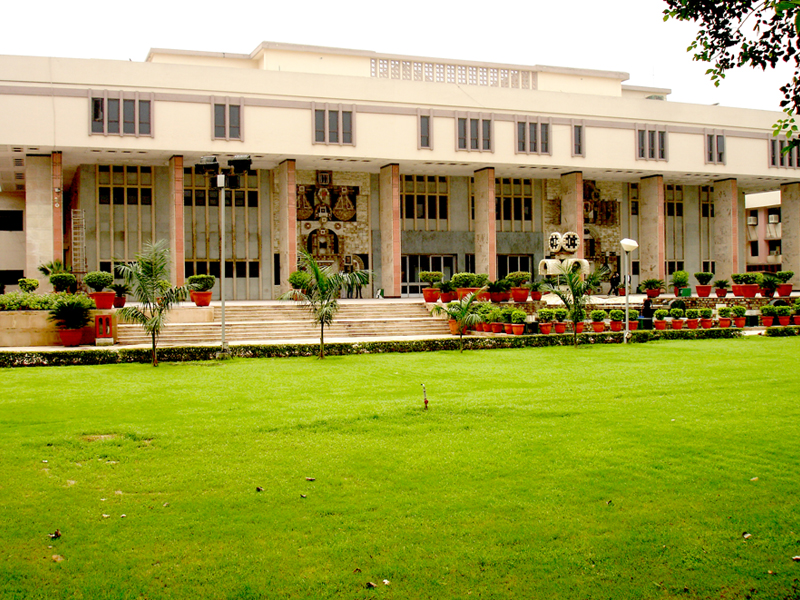A committee is being formed to look into the Deepfake problem, the Centre informs the Delhi High Court.

The Central government recently told the Delhi High Court that it is forming a committee to examine deepfakes and address the misuse of this technology [Rajat Sharma Vs Union Of India]. On Thursday (November 21), the Union Ministry of Electronics and Information Technology (MEITY) updated the Bench, which includes Chief Justice Manmohan and Justice Tushar Rao Gedela, about this development. MEITY announced that an order was issued on November 20 to create the Deepfake Committee.
The Court requested the Centre to quickly appoint members to this committee within a week. Additionally, the Court asked the new committee to consult various stakeholders, such as internet intermediaries, telecom providers, victims of deepfakes, and websites that use deepfakes. The Bench also instructed the committee to consider the suggestions made by the petitioners regarding how to address deepfake misuse. The committee is expected to submit its report as soon as possible, ideally within three months.
The November 21 order stated, “The Committee will also look into regulations and legal frameworks in other countries, like the European Union. This Court further directs the Committee to gather experiences and suggestions from stakeholders, including intermediary platforms, telecom service providers, victims of deepfakes, and websites that create and use deepfakes before finalizing its report.” This order was issued while addressing two petitions—one from journalist Rajat Sharma and another from advocate Chaitanya Rohilla—who are advocating for the regulation of deepfakes, which are digitally altered videos that impersonate individuals and can spread false information.
In previous hearings, the Court requested the Centre to think about creating an internal mechanism or committee to address these issues. In reply, the Central government submitted a status report revealing that it has formed committees to look into the regulation of Artificial Intelligence (AI) and deepfakes. In its report dated November 21, MEITY mentioned that it is funding research projects focused on deepfake detection. Other suggested initiatives include launching websites to gather videos for deepfake detection and developing software and desktop applications for this purpose. The next hearing is scheduled for March 24, 2025.
Senior Advocate Darpan Wadhwa, along with Advocates Rohan Swarup, Sanyam Suri, Divita Vyas, and Rea Bhalla, represented Rajat Sharma. Advocate Manohar Lal represented Chaitanya Rohilla, who was also present. Additional Solicitor General Chetan Sharma, Central Government Standing Counsel Apoorv Kurup, and Advocates Amit Gupta, Akhil Hasija, Gauri Gobrudhan, Saurabh Tripathi, Shubham Sharma, and Vikramaditya Singh represented the Central government.
IN THE HIGH COURT OF DELHI AT NEW DELHI (W.P.(C) 15596/2023, CM APPL. 62399/2023 & CM APPL. 62400/2023)
Appearances:
Petitioner: CHAITANYA ROHILLA Through: Mr. Manohar Lal
Respondent: UNION OF INDIA THough: Mr. Chetan Sharma, ASG and Mr.Apoorv Kurup, CGSC with Mr.Amit Gupta, Mr. Akhil Hasija, Ms. Gauri Gobrudhan, Mr. Saurabh Tripathi, Mr Shubham Sharma and Mr. Vikramaditya Singh









